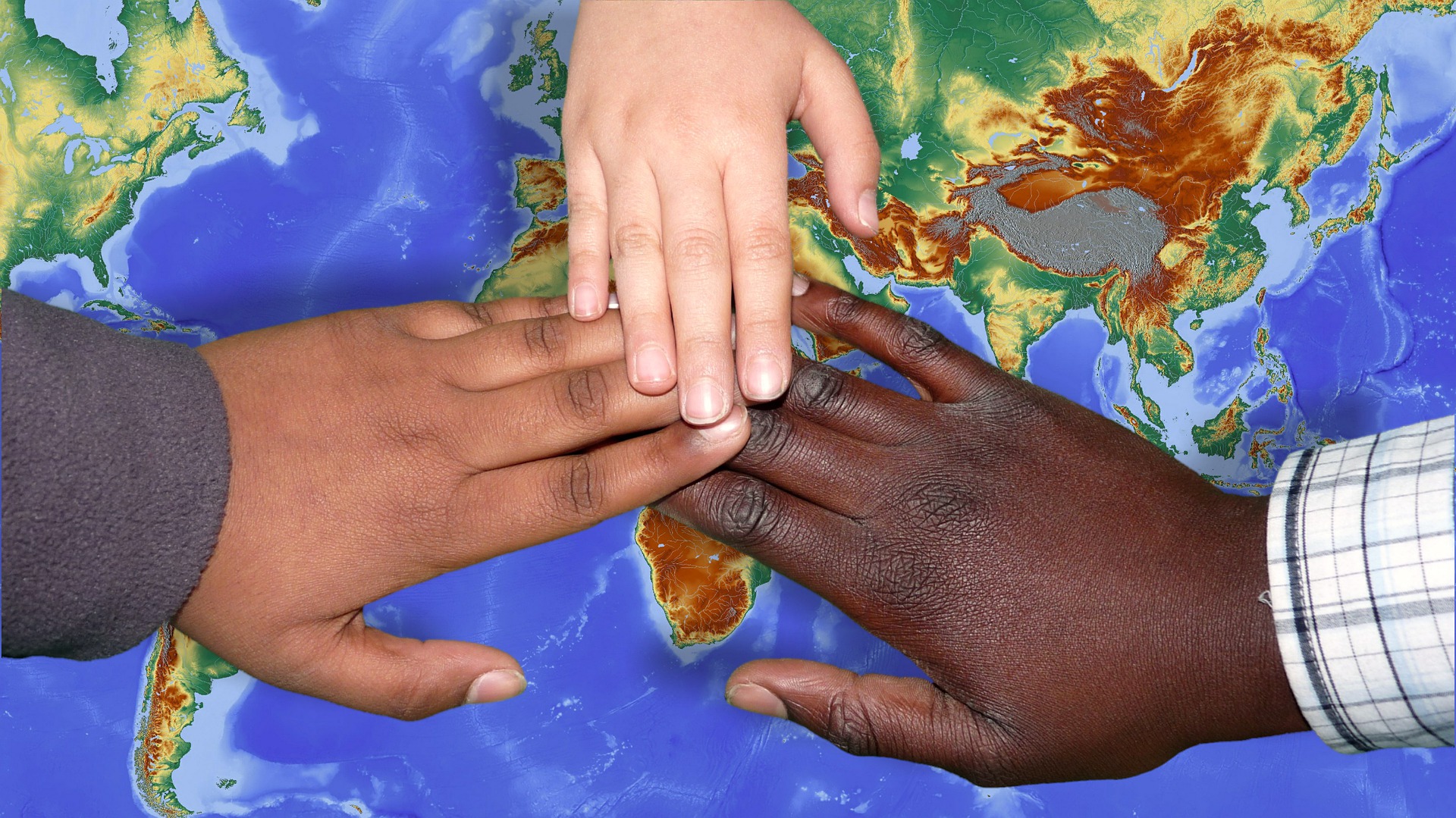Service to Others

The college application process invites students to highlight their talent, skills, and abilities. Chief among them is your academic prowess, but that alone is not enough to evaluate your potential contribution to the college community. Since most colleges are looking for academic and cultural fit, they must also look into your personal characteristics and attributes that may distinguish you from other candidates. Your list of extracurricular activities provides a comprehensive snapshot of what matters to you. Leadership, music, athletic, or volunteer activities are great indicators of commitment to and passion for the things you do and enjoy.
Admissions officers are often asked: how important is volunteering? I would respond by asking how important volunteering is to you. By throwing the question back to the student, I invite the student to thoughtfully consider the meaning and implication of providing service. The response––verbal or written––says a lot about the student.
What volunteering/community service is NOT:
- It’s not and should not be a selfish act.
- It’s not and should not be intended to just fulfill your high school volunteer hours.
- It’s not and should not be a one-time opportunity.
What volunteering/community service IS:
- It’s a learning moment, an opportunity to be exposed to something new.
- It’s generosity in action, giving of your time and energy to help others.
- It’s a difference-maker, helping to improve communities near and far.
- It’s valuing our collective conscience to intentionally do good.
- It’s a commitment to humanity and serving our civic duty, and represents our responsibility to each other.
To effectively communicate your service commitment, discuss not only what you did, but also what you’ve learned from it. What did the experience of working in an orphanage in the Dominican Republic or teaching in Africa or China mean to you? As you reflect on your time and service, ask yourself what was rewarding about the experience, including whose lives you touched, and perhaps who touched yours. Thoughtfully reflecting on these experiences will enable you to see what truly brings joy to you. If you were delighted to see children laugh, smile, and learn as you engaged with them to teach them English, then you have been of great value and service to them. If you found no joy in the experience, then teaching or a human-related profession is not your calling, nor is service. At the very least, the experience––whether positive or negative––should have informed you of what matters to you and why you care.

